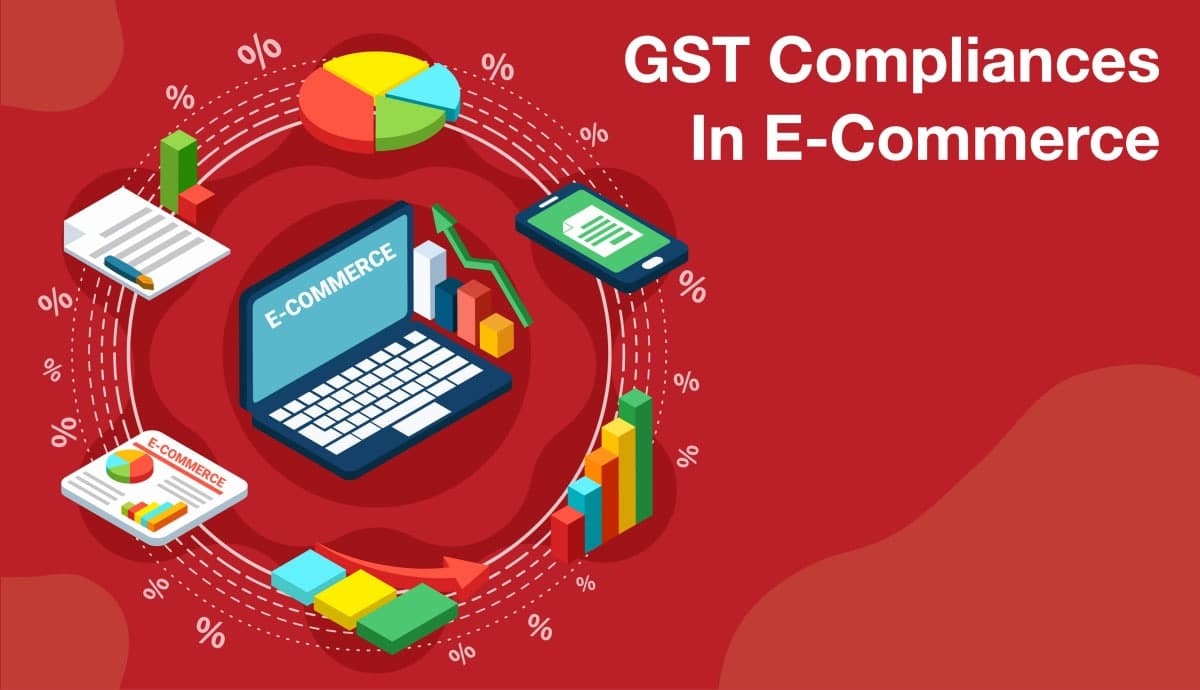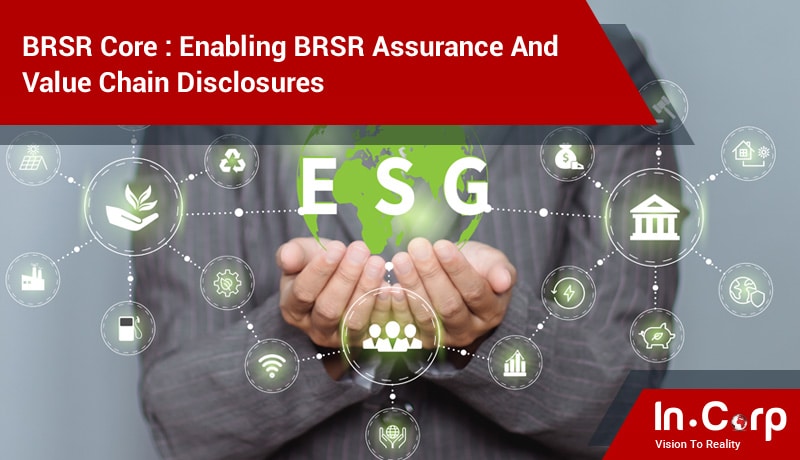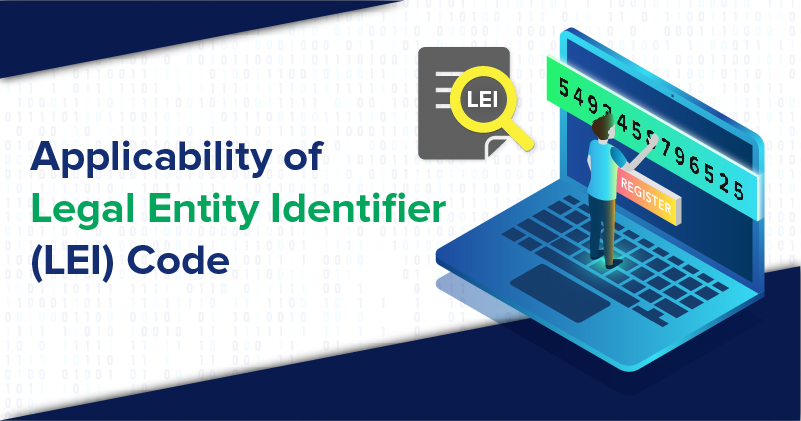India’s introduction of digital taxation at a time appears to be a step in the right direction. India has seen an unprecedented increase in e-commerce transactions, as has the rest of the world. In this article, we discuss the E-commerce ecosystem and the necessary GST compliances.
Table Of Contents
What is the need for an E-commerce Ecosystem?
What is the Flow of Transactions in the E-commerce?
What are the GST compliances for E-commerce?
Conclusion
Why Choose Incorp?
Frequently Asked Questions on GST compliances for E-commerce
What is the need for an E-commerce Ecosystem?
- It is increasingly necessary for businesses to comprehend and utilise e-commerce to develop trade in India. Entrepreneurs are attracted to e-commerce these days because of the low entry barriers.
- Geographic boundaries become irrelevant when shopping online through e-commerce platforms. One can offer their products to customers all around the world using the internet.
- E-commerce taxation is complicated. They fall under various tax jurisdictions that govern how these technology-assisted distribution channels operate.
- The Indian government has also made quick modifications to the taxes of e-commerce transactions. They are separated into two categories:
- Aggregator of goods/services and
- Sellers of goods/services via an e-commerce platform.
Related Read: E-Invoicing Under GST
What is the Flow of Transactions in the E-commerce?
We have prepared the chart below to help you understand the flow of transactions in E-commerce.
Seller
- Sells products/ services to customers
- Receives order intimation from Ecommerce Operator’s portal
Ecommerce Platform
- Provides an online platform to connect seller & buyer
- Collects money from Customer
- ECO charges commission/other charges & remits back money to Seller
Customers
- Places order & makes payment to E-commerce Operator
- Receives the goods/services from the Seller
*ECO – E-commerce Operator
Related Read: Implications Of GST On Warranty On Sales
What are the GST compliances For E-commerce?
Let us take a look at the table below to under the GST compliances For E-commerce.
| Particulars | E-Commerce Operator | Seller | Buyer |
|---|---|---|---|
| Registration |
|
Unless you are a notified person who provides the following services:
you are obliged to register |
If turnover limitations exceed the threshold limit, registration is required. |
| GST Liability |
|
|
|
| Compliance |
|
|
|
Determine Your GST Liability By Using Our GST Calculator!
Conclusion
India has been at the forefront of digital economy taxation, and the characteristics listed are quickly becoming the new standard for digital economy taxation. Businesses will need to regularly examine their operating models to assess the impact, identify risks, explore planning possibilities as tax law develops. To comply with these significant changes in law, you need to classify financials connected to in-scope transactions to analyze them from an economic viewpoint.
Related Read: GST On E-Commerce Business Models: A Quick Guide
Why Choose Incorp?
We have the expertise and skills to guide you on various indirect tax levies, including Goods and Services Tax (GST). Our Indirect Taxation and Advisory Team at InCorp provides seamless support with advisory services and assists you in compliance with all applicable rules. We also assist in the effective planning and structuring of your business to ensure compliance with the regulations.



